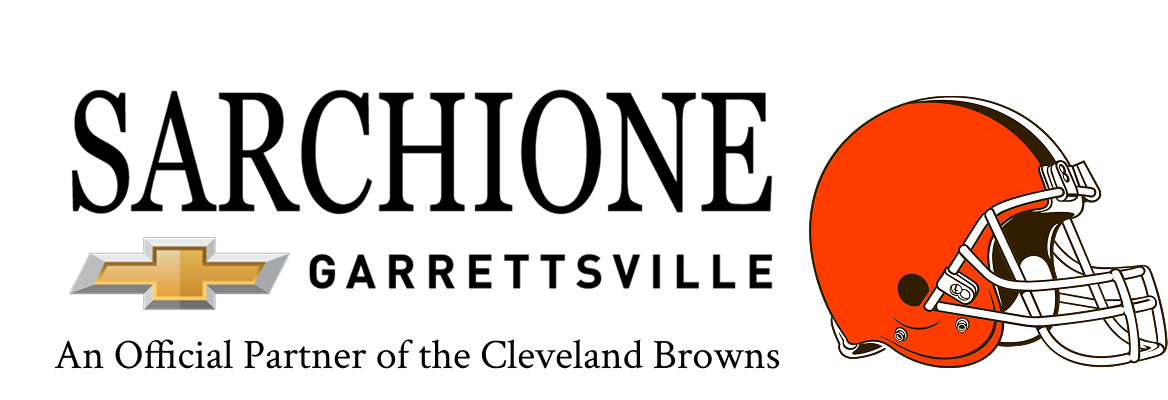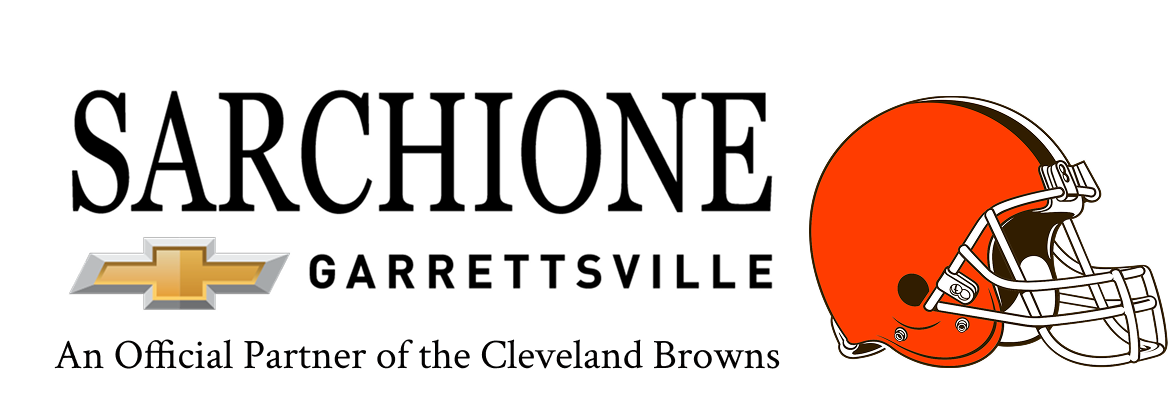Overheating in your Chevy car is a serious issue that can lead to significant engine damage if not addressed quickly. If your car’s temperature gauge shows high levels or you notice steam rising from under the hood, you may be dealing with an overheating situation.
Knowing how to recognize the causes of overheating in your Chevy car, along with understanding what steps to take when it happens, can save you from costly repairs and prolonged downtime.
Understanding the Causes of Overheating
Several factors can contribute to overheating in a Chevy. The most common cause is a lack of coolant, which helps regulate the engine’s temperature. When the coolant level drops or leaks, the engine’s temperature can rise rapidly, causing overheating. Another potential issue could be a malfunctioning radiator, thermostat, or water pump.
These components work together to keep the engine cool, and if one of them fails, it can lead to excessive heat buildup. A clogged radiator or a broken fan may also result in inadequate cooling. This might increase the chances of overheating.
Recognizing the Symptoms
Recognizing the signs of overheating in your Chevy car early can prevent further damage. One of the first indicators is the temperature gauge in your car’s dashboard. If the needle moves into the red zone, it’s a clear sign that the engine is too hot.
Another symptom to watch for is steam or smoke coming from the hood. This often indicates that the coolant has boiled over or leaked out. Additionally, a noticeable decrease in engine performance or strange smells could point to an overheating problem. If you experience any of these symptoms, it’s important to act quickly.
Immediate Actions to Take
If your Chevy starts overheating while you’re on the road, the first step is to pull over to a safe location as soon as possible. Continuing to drive in an overheated state can cause severe damage to the engine.
Once you’ve stopped, turn off the engine immediately to allow it to cool down. It’s important to never open the hood or remove the radiator cap when the engine is still hot, as this can lead to burns from the hot steam or fluid. Let the car sit for at least 20 to 30 minutes to cool off before inspecting further.
Diagnosing the Problem
Once your car has cooled down, check the coolant level in the radiator. If it’s low, it may indicate a leak, or the coolant could have evaporated over time. If you notice coolant dripping under your vehicle or around the engine, you could be dealing with a hose or radiator issue.
A lack of coolant isn’t the only reason for overheating, however. A malfunctioning thermostat, which regulates the flow of coolant, could also be at fault. If the thermostat is stuck closed, coolant can’t circulate properly. This might result in engine overheating.
Another possible issue could be the water pump, which circulates coolant throughout the engine. If the pump is damaged or broken, it can fail to distribute coolant properly, leading to an overheated engine. A blocked radiator or malfunctioning cooling fan can also contribute to overheating. If you're unable to identify the exact cause of the issue, it’s time to seek professional Chevy car services.
When to Seek Professional Help
If your Chevy car continues to overheat or if you’re unable to determine the cause of the problem, it’s time to take your vehicle to a professional mechanic.
Overheating is not an issue that should be ignored, as prolonged exposure to high temperatures can cause permanent engine damage. A certified mechanic will have the right tools and expertise to diagnose and repair the problem, whether it's a coolant leak, a faulty thermostat, or another issue.
Preventative Maintenance
Regular maintenance is essential to avoid overheating problems in your Chevy car. Keeping an eye on your coolant levels and guaranteeing that the cooling system is functioning properly can help prevent overheating. It’s also important to replace worn-out hoses and belts before they break and cause a problem.
Periodically flushing the radiator and replacing the coolant helps maintain optimal performance and prevent the buildup of debris or corrosion that could interfere with the cooling system. Checking the fan and thermostat regularly will also make sure that they are working as expected.
Overheating in your Chevy car is a serious issue that requires immediate attention. Whether it’s a coolant issue, a faulty thermostat, or a problem with the radiator or water pump, knowing what to do when overheating occurs can save you time and money in the long run.


